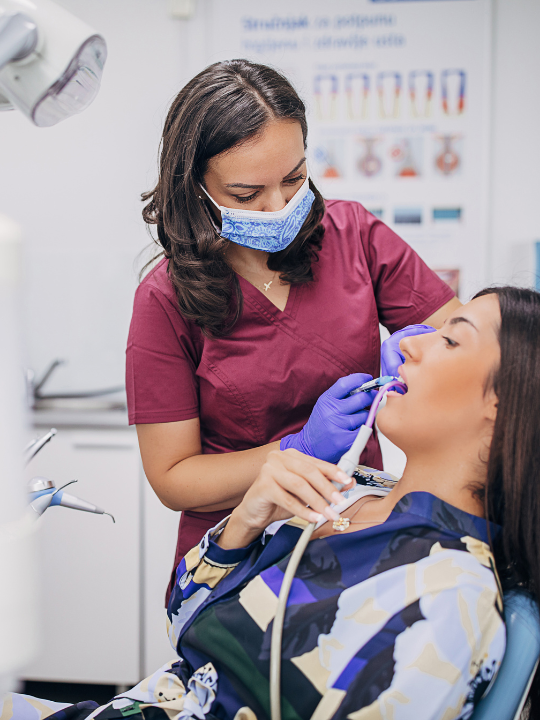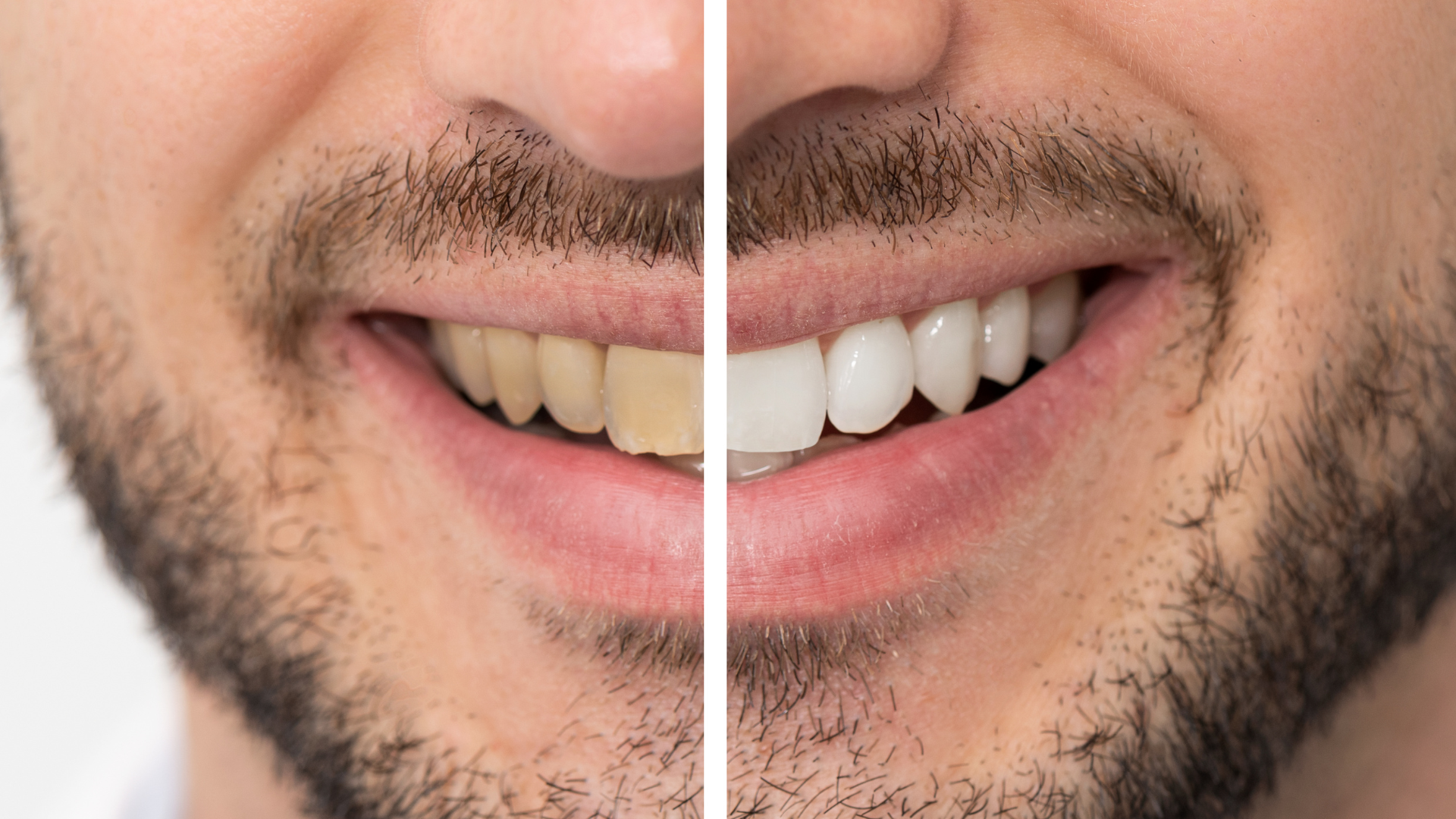Find Your Neighborhood Teeth Whitening Clinic in Toronto
Top-Rated Teeth Whitening Clinics in Toronto
Clinic Profiles
When it comes to teeth whitening in Toronto, there are several top-rated clinics that stand out for their exceptional services and patient care. These clinics offer a range of whitening treatments tailored to meet individual needs, ensuring optimal results and patient satisfaction.
Customer Reviews
Customer reviews play a crucial role in selecting the right clinic. Many patients have shared their positive experiences, highlighting the professionalism and effectiveness of the treatments received. Reading these reviews can provide valuable insights into what you can expect from each clinic.
Ratings and Awards
The best clinics often receive high ratings and prestigious awards, reflecting their commitment to excellence in dental care. These accolades are a testament to the quality of service provided and the successful outcomes achieved. When choosing a clinic, consider those with high ratings and multiple awards for the best results.
For those seeking top-notch dental care on the Danforth, these clinics represent the pinnacle of quality and expertise in the field of teeth whitening.

What to Expect During Your Teeth Whitening Appointment
Initial Consultation
During your initial consultation, the dentist will evaluate your oral health to determine if you are a suitable candidate for teeth whitening. They will discuss your dental history, any sensitivities, and your desired results. This step will ensure the treatment is safe and effective for you.
Treatment Process
The treatment process typically involves several steps:
- Preparation: Your gums and lips will be protected to avoid contact with the whitening agent.
- Application: The whitening gel is applied to your teeth.
- Activation: Depending on the method, a special light or laser may be used to activate the gel.
- Rinse: After the treatment, your mouth will be rinsed to remove any residual gel.
Aftercare Tips
Post-treatment care is essential to maintain your new bright smile. Here are some tips:
- Avoid foods and drinks that can stain your teeth, such as coffee, tea, and red wine.
- Maintain good oral hygiene by brushing and flossing regularly.
- Use a whitening toothpaste to help prolong the results.
Following these aftercare tips can help you enjoy your whiter smile for a longer period.
Comparing In-Office and At-Home Teeth Whitening Options
Pros and Cons
When deciding between in-office and at-home teeth whitening, it's essential to weigh the pros and cons of each method. In-office treatments are typically faster and more effective, often yielding noticeable results in just one session. However, they can be more expensive and require a visit to the clinic. On the other hand, at-home whitening kits are more affordable and convenient, allowing you to whiten your teeth at your own pace. The downside is that they usually take longer to show results and may not be as effective as professional treatments.
Effectiveness
In-office teeth whitening treatments are generally more effective due to the higher concentration of whitening agents used and the professional application. At-home kits, while convenient, often contain lower concentrations of whitening agents, so they may take longer to achieve the desired results. In-office treatments are usually the better option for those seeking immediate and significant whitening. However, for those who prefer a gradual change and more control over the process, at-home kits can be a suitable alternative.
Consider your specific needs, budget, and lifestyle when choosing between in-office and at-home teeth whitening options. Both methods have their advantages and can help you achieve a brighter smile.
Questions to Ask Before Choosing a Teeth Whitening Clinic
Qualifications of the Dentist
Before selecting a teeth whitening clinic, inquire about the dentist's qualifications. Ensure the dentist is certified and has specialized training in cosmetic dentistry. This will give you confidence in their ability to perform the procedure safely and effectively.
Types of Whitening Products Used
Different clinics use various whitening products, and knowing which ones will be used for your treatment is essential. Ask about the active ingredients and their concentrations. Some common whitening agents include hydrogen peroxide and carbamide peroxide. Understanding the products used can help you gauge their effectiveness and potential side effects.
Expected Results and Duration
Having realistic expectations about the results and how long they will last is important. Discuss with the clinic what shade of whiteness you can achieve and how many sessions might be required. Additionally, ask about the longevity of the results and any maintenance treatments that may be necessary to keep your teeth white.
Choosing the right teeth whitening clinic involves thorough research and asking the right questions to ensure you receive safe and effective treatment.
How to Maintain Your Teeth Whitening Results
Daily Oral Hygiene
Maintaining your teeth whitening results starts with a solid daily oral hygiene routine. Brush your teeth at least twice daily and floss daily to remove plaque and prevent stains. Using a whitening toothpaste can also help keep your smile bright.
Foods and Drinks to Avoid
Certain foods and drinks can stain your teeth, diminishing your whitening results. Avoid or limit the following:
- Coffee and tea
- Red wine
- Berries
- Tomato sauce
- Soda
If you consume these, rinse your mouth with water afterward to minimize staining.
Regular Dental Check-Ups
Regular dental check-ups are crucial for maintaining your teeth whitening results. Your dentist can provide professional cleanings and touch-up treatments as needed. Aim to visit your dentist every six months for optimal oral health.
Consistent care and mindful choices can help you enjoy a brighter smile for longer.
Understanding the Different Teeth Whitening Techniques
Laser Whitening
Laser whitening is a popular in-office procedure that uses a laser to enhance the effectiveness of a whitening gel applied to your teeth. This method is known for delivering quick and noticeable results. The process usually takes about an hour and can make your teeth several shades lighter in just one session.
Bleaching Trays
Bleaching trays involve custom-fitted trays filled with a whitening gel. These trays are worn over your teeth for a specified period, usually a few hours each day or overnight. This method is effective but requires consistent use over a few weeks to achieve the desired results.
Whitening Strips
Whitening strips are a convenient at-home option. These thin, flexible strips are coated with a peroxide-based whitening gel and are applied directly to your teeth. They are typically used for 30 minutes a day throughout one to two weeks. While not as powerful as in-office treatments, they can still provide noticeable improvements.
Each teeth whitening technique has advantages and limitations. It's essential to choose the one that best suits your lifestyle and whitening goals.
Frequently Asked Questions
How long does teeth whitening last?
Depending on your oral hygiene and lifestyle habits, the results of teeth whitening can last from a few months to up to three years.
Is teeth whitening safe?
Yes, teeth whitening is generally safe when performed by a qualified dentist or when using dentist-recommended products.
Can teeth whitening cause sensitivity?
Some people may experience temporary sensitivity after teeth whitening, but this usually subsides within a few days.
How much does professional teeth whitening cost?
The cost of professional teeth whitening can vary, but it typically ranges from $600 to $1000 per treatment.
Are there any side effects of teeth whitening?
Common side effects include tooth sensitivity and gum irritation, usually temporary and mild.
Can anyone get their teeth whitened?
While most people can benefit from teeth whitening, it is not recommended for children under 16, pregnant or breastfeeding women, and individuals with certain dental conditions.




